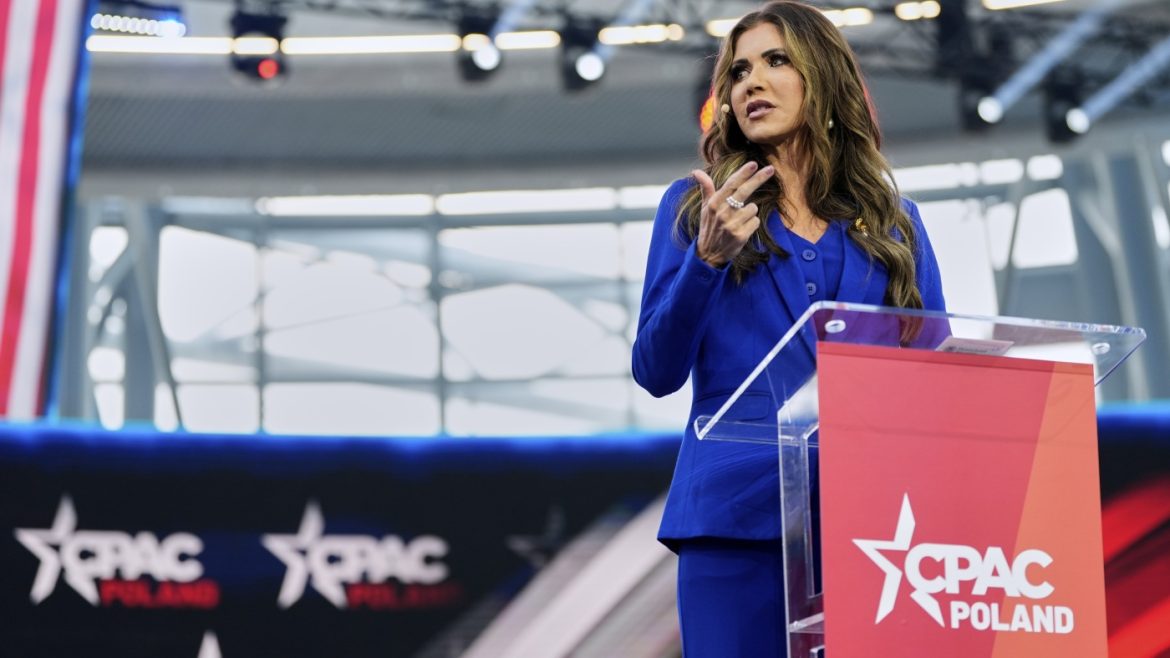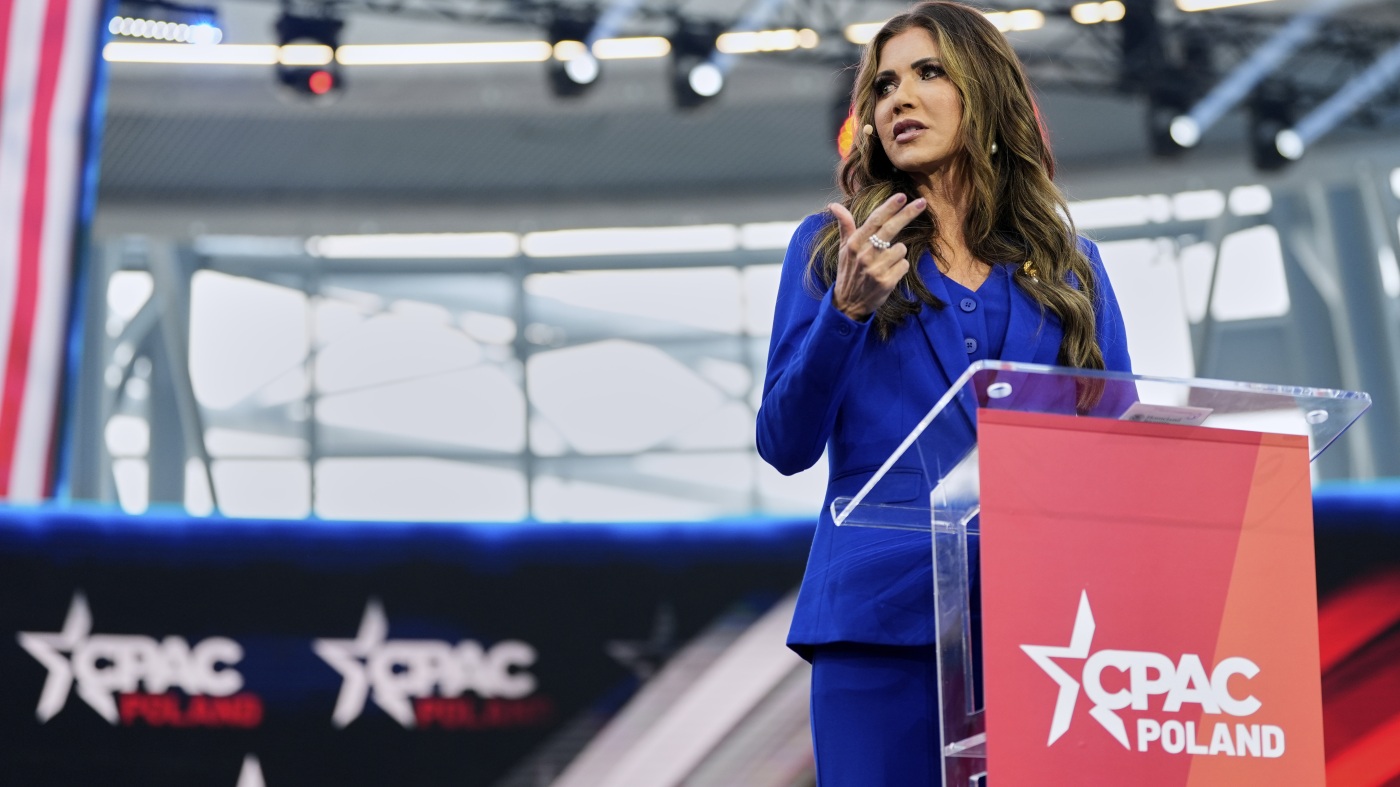The Conservative Political Action Conference (CPAC), a prominent U.S.-origin conservative forum, staged its inaugural event in Poland on May 27, 2025, marking a significant expansion of its ideological outreach into Central Europe. This development coincides tightly with the Polish presidential election set just days later, involving two principal candidates with starkly contrasting visions for Poland’s future: a pro-European Union liberal and a nationalist conservative aligned with the Law and Justice party.
CPAC’s Expansion into Poland: A Strategic Venue and Timing
CPAC’s decision to convene its first-ever meeting in Poland underscores the increasing globalization of conservative political movements, seeking to foster transatlantic alliances. Poland’s strategic geographic and political position in Europe makes it a compelling site for ideological influence, especially amid rising tensions in the European Union and debates over national sovereignty, immigration, and security.
The event occurred just days before Poland’s presidential election, highlighting CPAC’s intent to impact electoral outcomes beyond U.S. borders, signaling a shift towards more active participation in foreign political landscapes by American conservative figures.
The Presidential Contest: A Clash of Ideologies
The election pitched two contrasting candidates:
– Rafal Trzaskowski: The liberal mayor of Warsaw and a staunch proponent of the European Union, advocating for deeper EU integration and progressive reforms within Poland.
– Karol Nawrocki: A conservative historian backed by the ruling Law and Justice party, noted for his skepticism of the EU and a platform emphasizing national sovereignty, traditional values, and closer ties with U.S. conservative leaders.
This election thus represented not only a domestic political choice for Poland but also a referendum on its geopolitical alignment between Western liberalism and nationalist conservatism.
Kristi Noem’s Intervention: Advocacy and Endorsement
Kristi Noem, the U.S. Secretary of Homeland Security and a prominent ally of former President Donald Trump, was a centerpiece speaker at CPAC Poland. Her intervention took the form of a public endorsement of Karol Nawrocki, where she explicitly urged Polish voters to “elect the right leader.” This call underscored several critical points:
– Direct Foreign Political Involvement: Noem’s speech represented an unusual degree of American official engagement in a foreign election, serving as a conduit for Trump-aligned conservative ideology.
– Promotion of Conservative Internationalism: The endorsement exemplified efforts to construct a global conservative alliance against what is portrayed as “weak” leadership in Europe, particularly criticizing European integrationist policies.
– Reinforcement of Law and Justice Party’s Agenda: By linking Nawrocki’s campaign to U.S. conservative values, Noem’s role symbolized cross-border ideological solidarity aimed at consolidating conservative power in Poland.
CPAC’s Role in Ideological Export and Influence
The conference’s presence in Poland and the involvement of top American conservative figures illustrates a broader trend:
– Global Conservative Networking: CPAC is not merely a U.S. domestic forum; it is evolving into a hub for international conservative discourse, spreading ideas on governance, nationalism, and security.
– Shaping Political Narratives Abroad: Through public events and strategic endorsements, CPAC participants are actively shaping narratives that reinforce conservative candidates and policies aligned with their worldview.
– Cultural and Political Diplomacy: The gathering serves as a platform for informal diplomacy, creating symbiotic relationships between American conservatives and foreign political actors.
Implications for Poland and Beyond
The intertwining of CPAC’s global ambitions with Poland’s crucial election highlights several consequences:
– Influence on Electoral Integrity and Sovereignty Discussions: External endorsements, especially from high-ranking U.S. officials, may raise concerns about foreign influence in national elections and the boundaries of sovereignty.
– Polarization Within Europe: By endorsing a nationalist candidate skeptical of the EU, American conservative actors may contribute to deepening divisions within the European political landscape, potentially heightening tensions between EU proponents and nationalists.
– Strategic U.S.-Poland Relations: With around 10,000 U.S. troops stationed in Poland, the political orientation of Poland’s leadership directly impacts bilateral security cooperation and the wider balance of power in Eastern Europe.
Conclusion: A New Chapter in Transatlantic Conservative Collaboration
CPAC’s first meeting in Poland and Kristi Noem’s active campaigning for a Trump-aligned candidate reveal a deliberate expansion of American conservative influence into European politics, marking a pivotal moment in the globalization of right-wing movements.
This fusion of ideological promotion, strategic endorsement, and cultural diplomacy reshapes how domestic political events in one country are influenced by external actors. Poland’s impending election not only determines its national trajectory but also signals the effectiveness of newly forged transatlantic conservative alliances that may reverberate through international politics for years to come.


